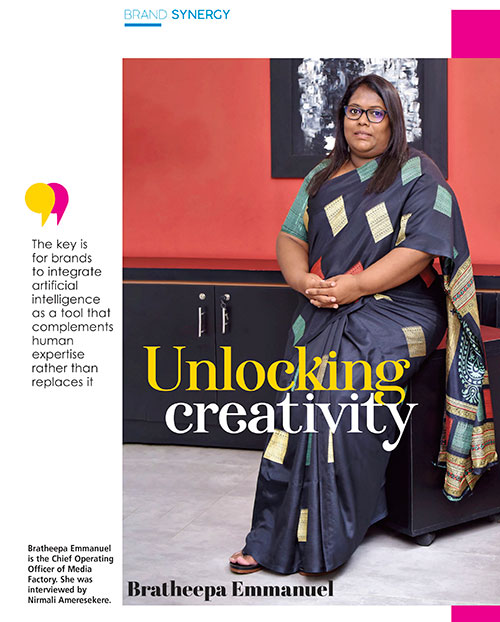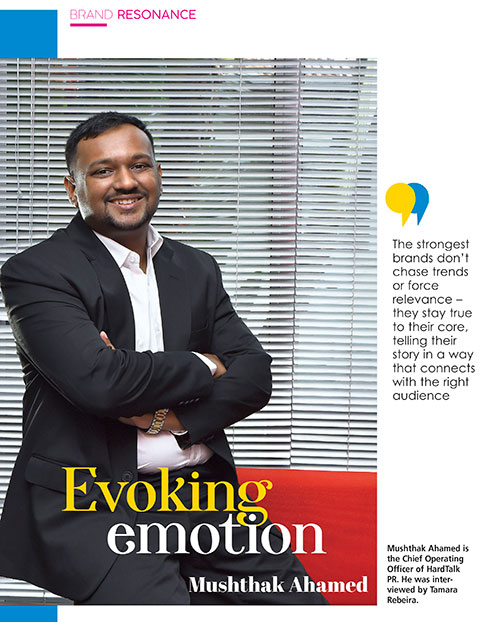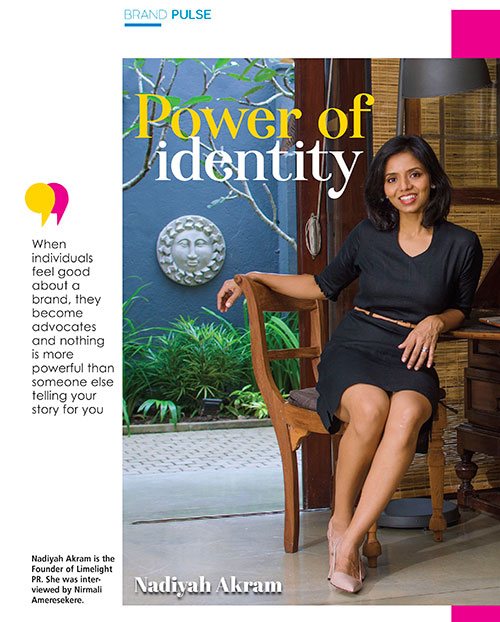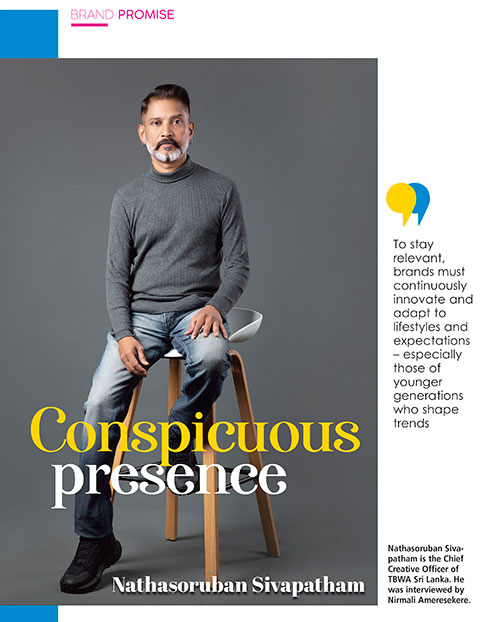MOST LOVED BRANDS
Comfort brands to the forefront
Sri Lanka’s 140 most loved brands

Two years of living under the COVID-19 cloud and consumers are compelled to continue to weather the associated economic difficulties, while keeping themselves safe through better health and hygiene habits.
According to our most loved survey, they’re doing so by increasingly turning to ‘comfort brands.’
These brands have certain distinct characteristics in that they’re familiar, and often tried and tested brands that consumers have trusted (in many instances, for generations). In addition, they are offering relevant features of safety.
But this alone is not sufficient; brands that have succeeded have demonstrated greater consumer empathy. The top line results of our annual analysis of Sri Lanka’s most loved brands are as follows:
- Health and hygiene brands have consolidated themselves to record gains in their scores
- Surface cleaners and detergents have become stronger as they’re expected to prevent the spread of the virus
- Biscuit brands have also shown significant gains in their scores
- Munchee, which trailed Maliban within the biscuit category since the inception of this index, has overtaken its traditional rival for the first time
- Watawala Tea has recorded strong gains while the tea category as a whole has become stronger
- Atlas has shown significant momentum and regained the position it lost following its precipitous fall in 2019 due to speculative rumours
- Brands that are perceived to be natural have become stronger
- Large supermarkets have strengthened their positions
- Automobiles, ride hailing and aviation have dropped in importance rather significantly, due to constraints in movement and restrictions imposed on vehicle imports
It would seem that these trends are natural reactions to environmental factors dictated by extraordinary circumstances. Strong relationships that many of these brands on the list have built in the past cushion them during a crisis.
As consumer confidence erodes, less loved brands tend to be dropped from the basket of goods that consumers can afford to purchase. It is also likely that consumers are less likely to experiment – therefore, gaining confidence should be a key endeavour for brands that aren’t within the top three in their category.

The more loved the brand, the more effective it has been in retaining customers. Brands that have continued to invest in marketing would be well positioned to build loyalty. Therefore, it would seem obvious that brands should explore factors that could be used to nurture ‘love.’
Building that special connection is the key to success.
The winners Certain categories are clearly much stronger and more competitive than others. These are banking, dental detergents, FMCG food, pain relievers, baby care, women’s personal care, and tea and coffee.
Gaining a dominant position in these sectors would seem to be extremely challenging. The Sri Lankan consumer market is relatively small and our historical findings suggest there’s little room for multiple brands to build a sustainable business in each sector.
Categories that have a duopoly – such as biscuits, for example – enable the two main players to coexist profitably. The third player will be hard-pressed to survive. We see this trend in many sectors such as telecommunications, insurance and supermarkets. For the third player to make headway, it needs to devise a much more varied and niche strategy.
In the top 50, there’s been very little change in the index, which supports the fact that the most loved brands are what consumers turn to during times of crisis. While the brands in the top 10 have changed places, they’re largely intact.
Dettol takes over from Sunlight as the most loved brand. It would seem to be a natural successor, considering the emphasis on hygiene and hand washing these days. Lifebuoy, which pioneered the habit of handwashing for decades, is firmly placed in second place.
Atlas, which fell off its high pedestal in 2019, has fully recovered – it has moved up 28 places and finds itself just outside the top 10, ranked at No. 12. This is a testament to the resilience of the brand and good marketing by its brand team.
Munchee, which has a larger market share in the biscuit market, has finally overtaken Maliban in terms of its perception score. It’s left to be seen if it will be successful in retaining this position next year as well.
There are many such cases where higher market share isn’t necessarily reflected in brand preference. This is the challenge for Munchee’s brand management team.
Adapt the conversation During difficult times, management usually stops all brand investments. However, these are the very times when consumers want to feel engaged and reassured.
The methods that loved brands use to keep customers engaged during good times have to be modified in times of stress. While the connections these brands have built help reinforce confidence, the messaging should be that of a ‘supportive friend.’
Such adaptations may come in many forms drawn from consumer insights. Being more socially responsible should be the foundation of all actions with authenticity at its core.
It’s clear from our research that brands which are exploring their traditional roots are able to build trust with consumers. Such adaptations could also include changing the brand voice from hard sell to being more empathetic. Other options could be to use elements of humour and entertainment to provide moments of respite from isolation.
Nostalgia may be important to build love as consumers tap into familiar things from the past, wanting to relive the good times. Such shifts seem obvious; but from our observations, the shifts in strategy are too little.
In making these changes, a brand must work off its tried and tested positioning or platform, and not veer away suddenly from its path merely for a short-term opportunity.
There have been new campaigns and even mega rebrands, but none of them have made use of these unusual circumstances to create an empathetic long-term bond.
Love takes a long time to be nurtured. But once established, the built-up deposits of brand love helps weather the storm – and it takes a lot for a brand advocate to turn into a critic.





